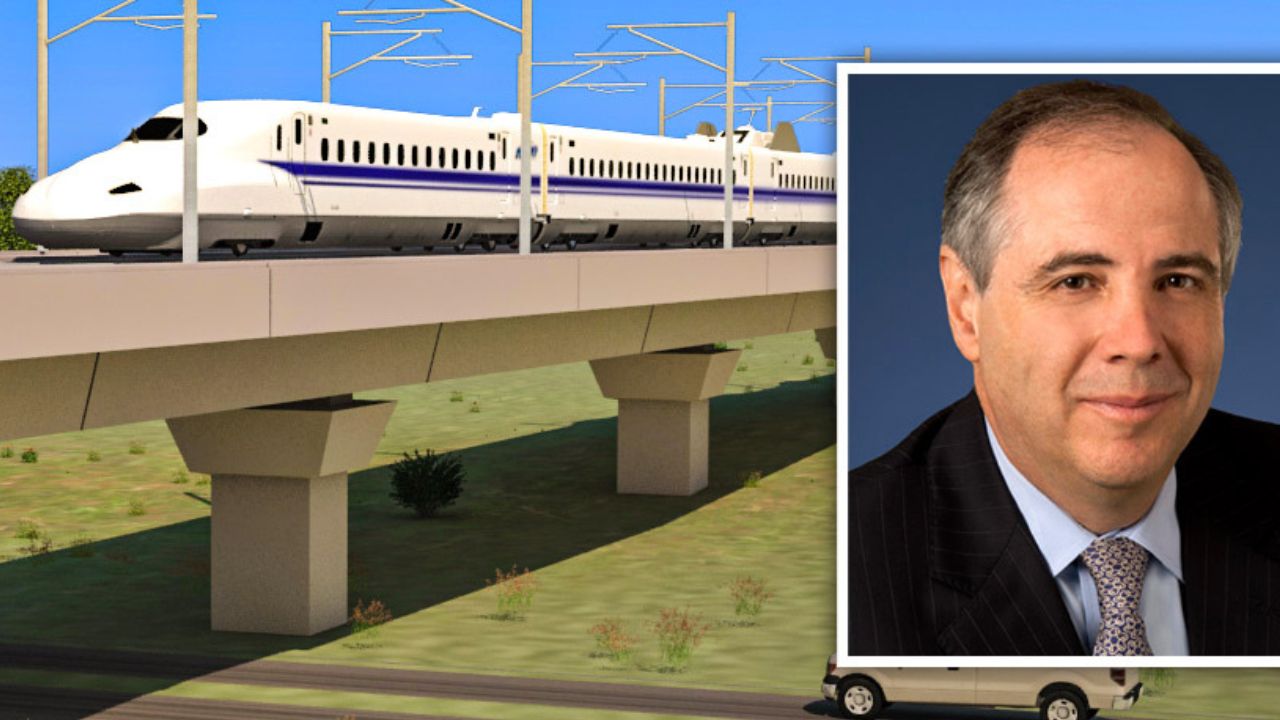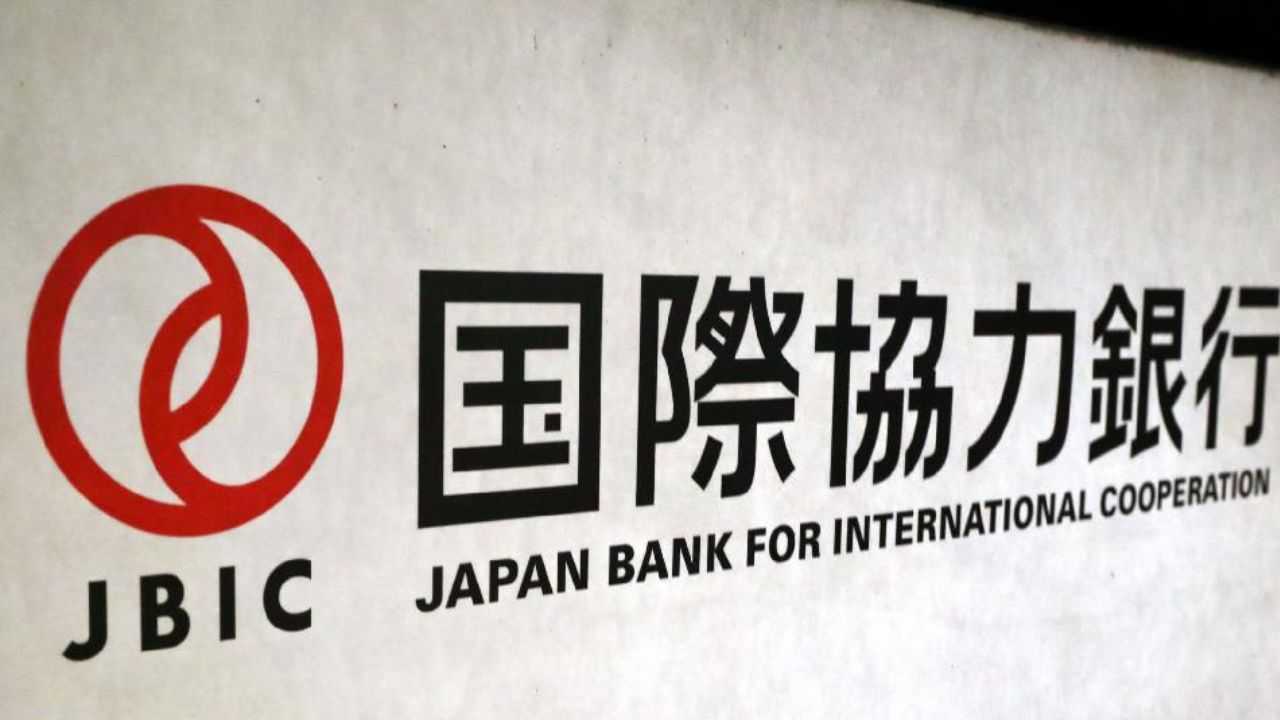Decades of research and studies have failed to yield authentic high-speed rail options in the United States.
In 2014, Texas Central initiated an ambitious plan to connect Dallas and Houston with a bullet train, slashing the travel time from a three-and-a-half-hour drive to a mere 90-minute train ride.
Despite facing numerous challenges and delays, the project has garnered support from key figures, including Amtrak and the U.S. government.
The Urgent Need for High-Speed Rail:
Amid the bustling growth of the Texas Triangle, encompassing the Dallas-Fort Worth metroplex and Houston, the demand for efficient transportation has never been more critical.
Congressman Seth Moulton emphasizes the limited alternatives, stating, “If you don’t build high-speed rail between Dallas and Houston, then you only have two options – expand the airport or expand the highway.”
The escalating population of Texas drivers has taken a toll on roads, leading to severe congestion and safety concerns, with commuters experiencing around 40 hours of delays each year.
Regulatory Challenges and Public Opposition:
Despite the evident need, the Texas Central project has faced repeated delays due to regulatory hurdles, environmental reviews, and property rights disputes.

The project’s legal standing was solidified in 2022 when the Texas Supreme Court granted Texas Central the power of eminent domain.
However, this decision has sparked concerns and opposition from local landowners, such as Jody Berry, a Dallas-based farmer whose property is in the proposed alignment.
The High Cost and Global Influences:
The ambitious high-speed rail project comes with a hefty price tag, estimated at $33.6 billion, as of March 2023. Similar projects worldwide, like Japan’s Tokaido Shinkansen system, have encountered substantial cost overruns during development.
Leveraging N700 cars from the Shinkansen system, the Texas effort has garnered significant support from Japanese firms and the U.S. government.

In 2018, the Japan Bank for International Cooperation issued a $300 million loan, and in late 2023, Texas Central received a grant to explore a potential partnership with Amtrak.
Uncertain Future and Government Initiatives:
While the U.S. government, under the Biden Administration, has committed a historic $66 billion to passenger rail, uncertainties loom over publicly subsidized projects.
The California high-speed rail project, connecting Los Angeles to San Francisco, has faced significant challenges, with estimated costs soaring from $33 billion to over $100 billion amid delays and opposition from rural landowners.
Representative Troy Nehls highlights concerns about the Biden Administration’s high-speed rail aspirations, questioning customer demand, economic viability, and impacts on existing rail infrastructure.
